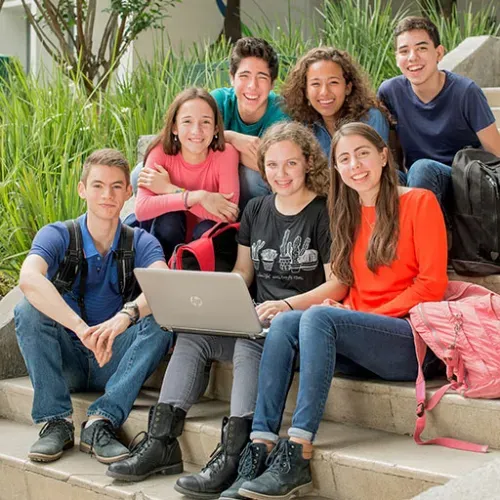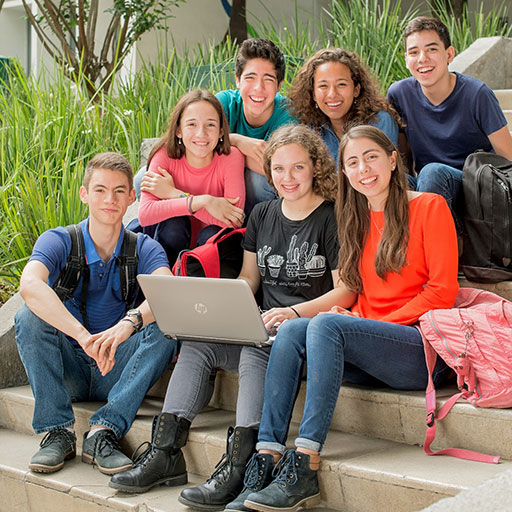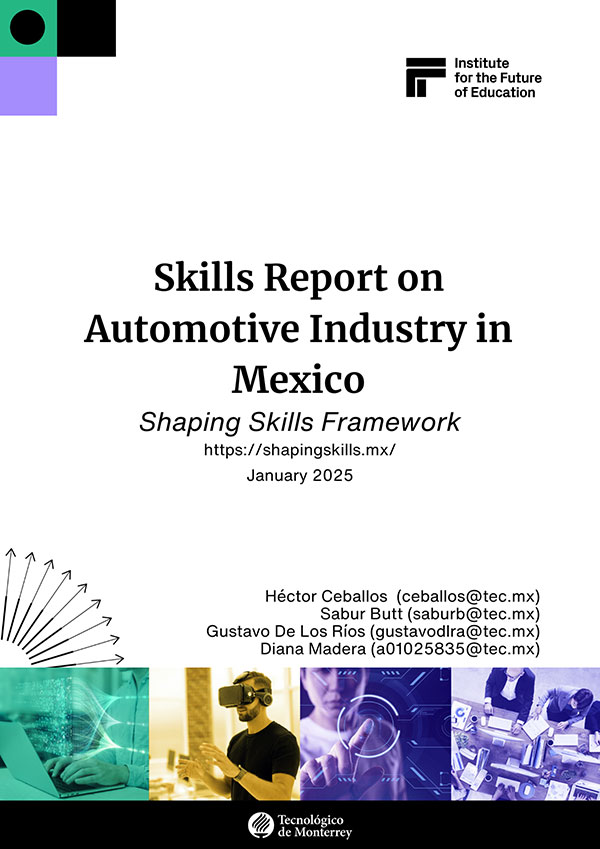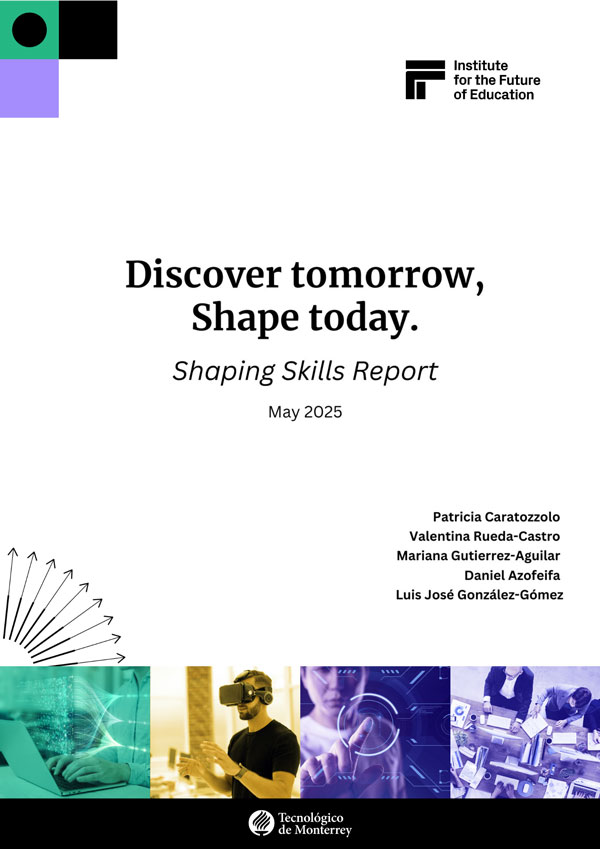Devoluciones
- Payments made by bank card
A refund is processed by returning the amount to the same bank card if the payment date is within 60 days. If the payment exceeds this period, a bank transfer will be issued.
- Payments made through bank slip, OXXO, or SPEI
A refund is processed via bank transfer.
- Tuition Payment
- If the refund is requested by someone other than the designated payer of tuition, authorization must be obtained from the person responsible for the tuition payment.
- Refund at a National Bank
- Have a credit balance (negative sign) in your account statement.
- Official identification of the beneficiary (INE or passport for foreigners).
- Header of the checking account statement (showing CLABE, address, RFC, and no account movements).
- Authorization document signed by the tuition payment responsible party (only for high school and undergraduate students).
- Refund at an International Bank
- Have a credit balance (negative sign) in your account statement.
- Header of the checking account statement (provide ABBA, SWIFT, or IBAN, and the name of the intermediary bank if required).
- Authorization document signed by the person responsible for tuition payment (only for high school and undergraduate students).



